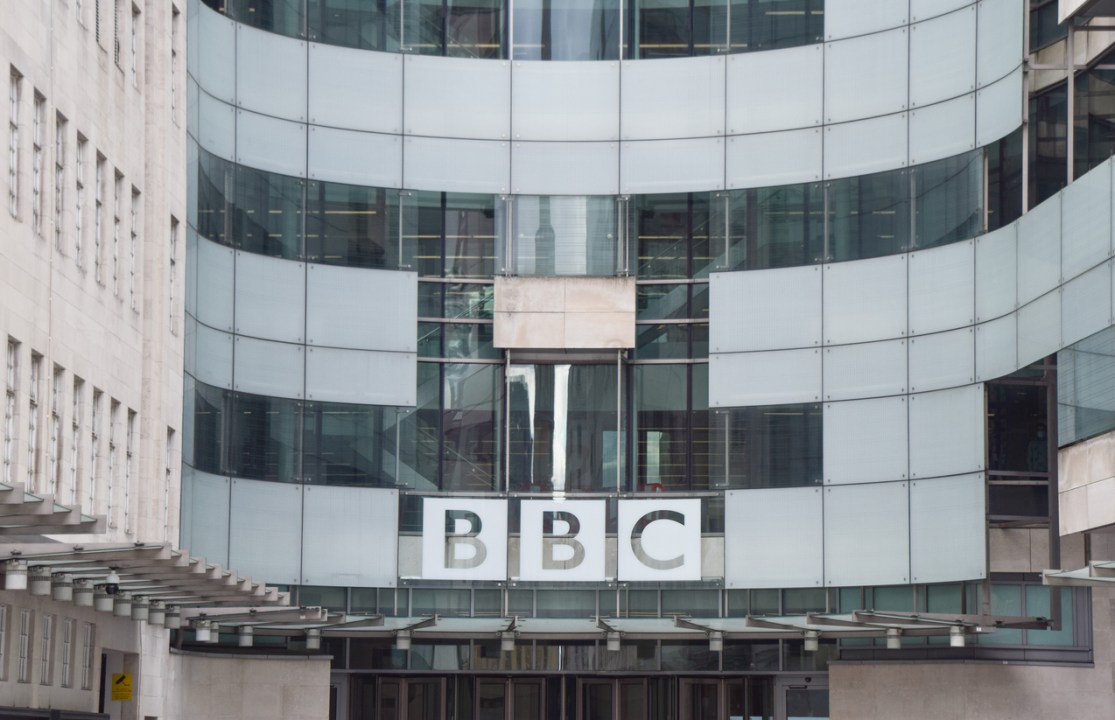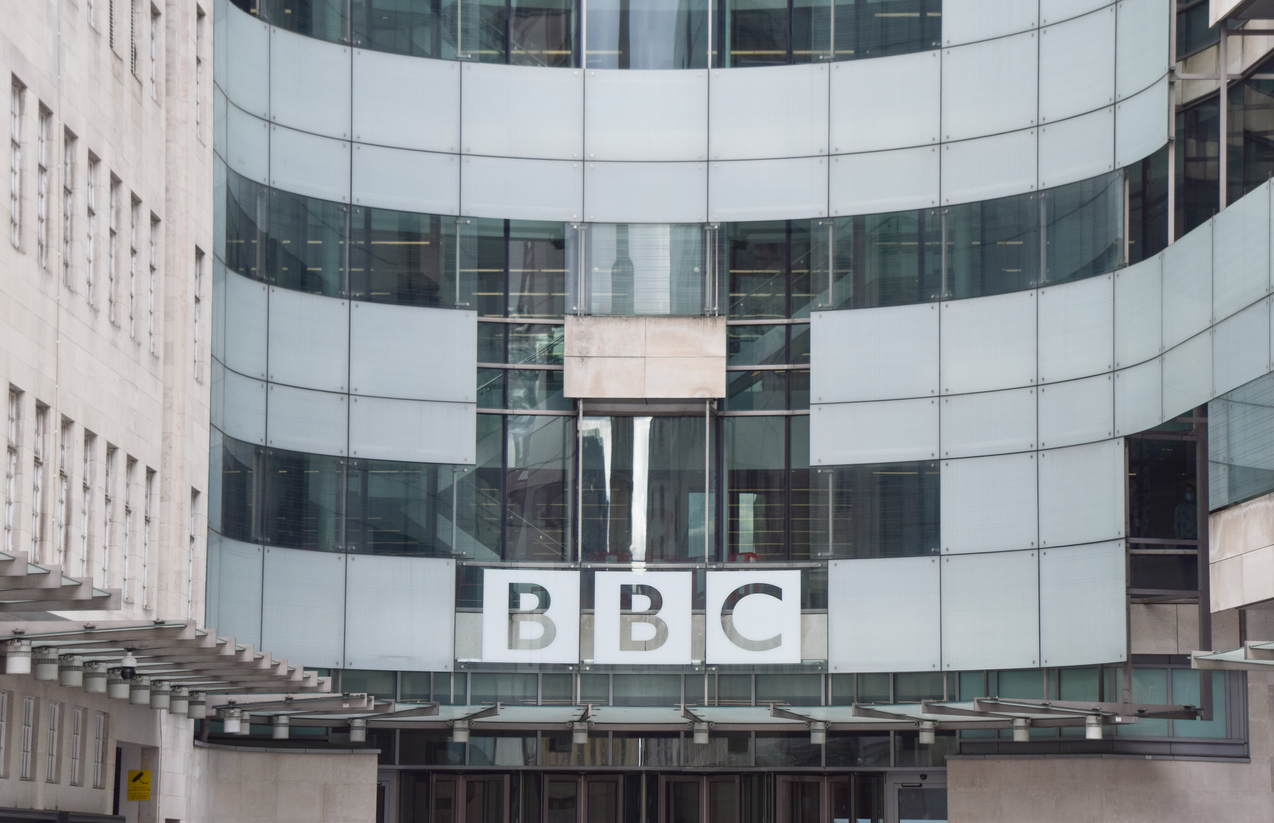As Gary Lineker resumes his duties as the BBC’s highest-paid employee, it is worth appreciating that one of the Corporation’s greatest strengths is that its own journalists are willing and able to criticise the organisation in their coverage without professional repercussions. The broadcaster’s many critics should recognise this self-flagellation for what it is: a vital demonstration of transparency. Unfortunately, having worked at the heart of BBC News throughout the pandemic, I have learned that this readiness to admit errors publicly only extends so far.
Impartiality should be the starting point of everything BBC News does. Instead, editors are working backwards when it comes to Covid. They are skewing contemporaneous coverage of the pandemic in a bid to make previous one-sided reporting appear more balanced in hindsight. As the Mirror reported this week, the BBC has drawn ridicule and fury for a misleading headline suggesting mental health in the UK was only minimally impacted by the pandemic. The BBC tweet carrying this astonishing claim was even given an ‘added context’ box by Twitter, pointing out that the BMJ research the headline referred to was ‘lacking in data for many vulnerable groups, and that the findings can’t necessarily be applied to everyone’. It’s difficult to imagine a more damning indictment than Twitter feeling it necessary to fact-check tweets from BBC News.
It’s hard not to conclude that this risible headline was the result of the same mindset that defined the BBC’s tainted reporting of excess deaths, which I have described here previously. Because the Corporation’s journalism was so forcefully and relentlessly weighted in favour of Covid lockdowns and restrictions, it naturally follows that the editors responsible are now inclined to shape and strengthen self-justifying narratives that minimise the negative consequences of lockdown, and those which portray harmful effects as impossible to foresee.
The damning revelations contained within the ‘Lockdown Files’ have hampered this editorial approach and showcased the BBC’s flawed coverage. When Isabel Oakeshott, who obtained Matt Hancock’s text messages for the Telegraph, was interviewed on Radio 4’s Today programme recently, she was not quizzed about his capricious mismanagement of the Covid emergency but on her conduct. She was asked why she had co-authored the former Health Secretary’s Pandemic Diaries only to subsequently ‘set fire’ to his version of events. She was also interrogated about her motives, which it was implied were financial. Oakeshott rejected this charge with genuine astonishment as ‘utterly insane’. She tried to steer the interview back onto the content of the leaked texts themselves and what they revealed about the reactive chaos, disunity, and occasional downright duplicity at the heart of government decision-making at a time of national crisis, but the haranguing over her journalistic ethics continued.
On another day, the BBC’s main television news bulletins led on a further Lockdown Files claim: that Matt Hancock rejected key advice to test all residents of care homes in England and isolate the infected. He has dismissed this as a distorted account. Whatever the truth, it seems an opportunity to take a different approach to Covid was missed, one that might have delivered a better outcome for care home residents and the most vulnerable. Rather than imposing the collective punishment of authoritarian lockdowns and restrictions on everyone, those most at risk could have been the main focus of the massive resources ploughed into Covid mitigation measures and treatments. It’s with bitterness that I recall the scorn BBC editors and health correspondents poured on scientists and medics who backed the ‘focused protection’ strategy outlined in the Great Barrington Declaration. Warning that lockdown policies would produce ‘devastating effects on short and long-term public health’ and condemning as a ‘grave injustice’ the decision to keep children out of schools, the declaration has turned out to be more prophetic than problematic.
Tellingly, the BBC has given less high-profile coverage to the leaked texts showing that Matt Hancock wanted to ‘frighten the pants off everyone’ to ensure compliance with the bewildering coronavirus rules and restrictions the government dreamed up. Perhaps this is because the BBC itself played a crucial role in helping ministers to utilise ‘fear and guilt’ to bend the once fiercely independent British public to their will. I remember a period when new variants of Covid seemed to be identified every few weeks, each apparently more transmissible than the last, each heralding a fresh health disaster, each reported by the BBC with little scrutiny or scepticism.
While BBC News has, without doubt, devoted considerable airtime and online space to the Lockdown Files, I find myself ruminating over whether the exposé would have garnered the sort of frenetic 24/7 coverage Linekergate generated had my employer not so wilfully enabled the government’s authoritarian approach. I also wonder what would happen if a cache of WhatsApp messages between BBC editors during the pandemic was leaked to the public – a ‘BBC Lockdown Files’. I suspect the texts would reveal how metropolitan mindsets, heavily influenced by social media bubbles, combined to produce countless hours of sloppy and shallow Covid coverage, characterised by liberal prejudices and lacking in journalistic rigour, scepticism, or any long-term perspective whatsoever.
If Tim Davie is serious about reinvigorating trust in the BBC, he’d be well advised to stop worrying about the social media postings of painfully progressive millionaire presenters and concentrate instead on the newsroom. His announcement of an independent review of the BBC’s social media guidelines is a soggy sticking plaster solution. A better strategy to restore public faith in the BBC would be to instigate an independent review of a broad range of editorial content, starting with coverage of the pandemic, and order news bulletins to lead with the inevitably uncomfortable findings.
To his credit, Lineker has always been open and upfront about his views on a range of subjects. The opinions of the BBC editors who helped Matt Hancock ‘scare the pants off’ a nation are not directly stated but are equally clear. And as these influential journalists continue to shape public broadcasting, it’s becoming increasingly apparent that the BBC News team needs new blood and a fresh approach if it’s to avoid a calamitous relegation.







Comments